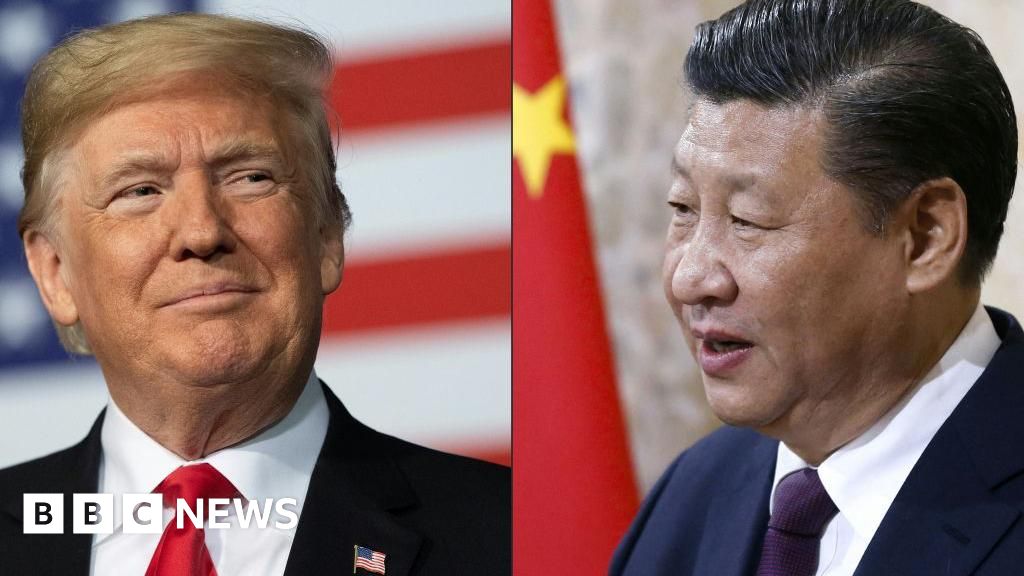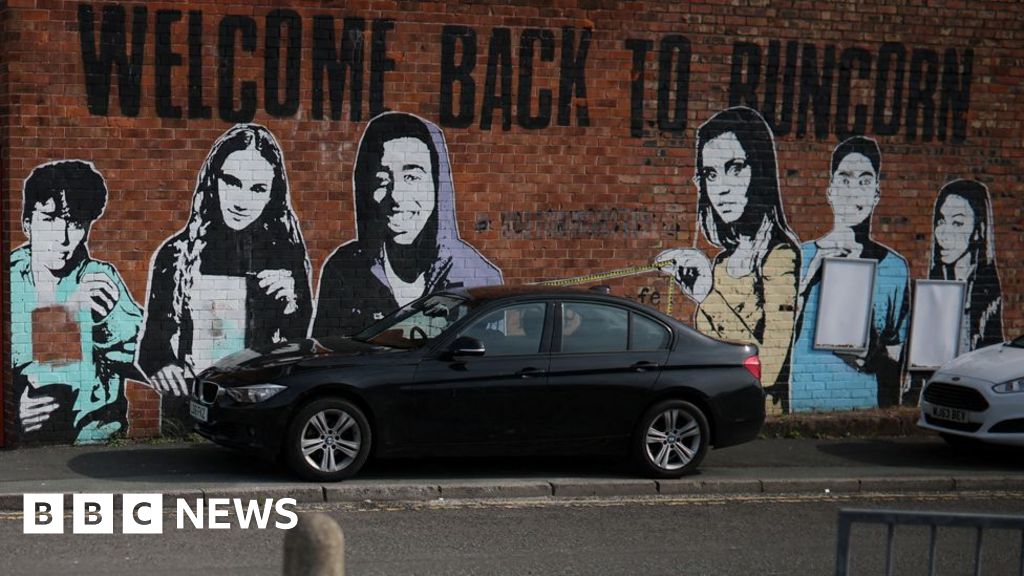Iran's Foreign Minister Raises Concerns Ahead of Crucial Nuclear Talks with the US

In a striking display of skepticism, Iran's Foreign Minister Abbas Araghchi expressed serious doubts regarding the motivations of the United States ahead of the second round of nuclear negotiations scheduled for this weekend in Rome. This meeting is significant, occurring just one week after the two nations engaged in their highest-level discussions since the US withdrew from the 2015 nuclear deal, a pivotal agreement that had previously aimed to restrict Iran's nuclear ambitions in exchange for sanctions relief.
Since the US's unilateral exit from the deal, Iran has dramatically ramped up its nuclear activities, enriching uranium to levels as high as 60 percent purity. This approach brings Iran alarmingly close to weapons-grade levels, which require 90 percent purity. Araghchi, speaking during a press conference alongside his Russian counterpart Sergey Lavrov in Moscow, outlined the Iranian perspective, stating, Although we have serious doubts about the intentions and motivations of the American side, in any case, we will participate in tomorrows negotiations.
On Saturday, Araghchi is set to travel to Rome to engage in discussions mediated by Oman, meeting with US Middle East envoy Steve Witkoff. He underscored Iran's commitment to a peaceful resolution concerning its nuclear program, emphasizing, We are fully prepared to pursue a peaceful resolution for Irans peaceful nuclear programme.
Lavrov further indicated Russia's readiness to assist in the negotiations, stating that Moscow is willing to fulfill any role that would be beneficial from Iran's perspective while also being acceptable to the United States. This statement highlights the complexities of the geopolitical landscape, particularly given Russia's significant military ties with Iran, which have deepened since the onset of the conflict in Ukraine in February 2022.
Western nations, particularly the US, have long accused Iran of attempting to develop nuclear weapons, a claim that Tehran vehemently denies, asserting that its nuclear program is aimed solely at peaceful civilian purposes. Al Jazeera correspondent Tohid Asadi reported from Tehran, noting a prevailing cloud of mistrust in the air despite the expressed willingness to negotiate. Asadi pointed out a notable ambivalence among Iranians regarding American intentions, illustrating that while there is a mix of doubt and hope, skepticism remains palpable.
As the negotiations approach, Iranian officials have made it clear that they are not willing to discuss certain sensitive topics. The Islamic Revolutionary Guard Corps announced that Iran's military capabilities would be off the table during discussions. The state-run IRNA news agency also reported that Iran's regional influence and missile capabilities are considered "red lines" that will not be compromised in negotiations.
In a pointed response to US calls for an end to uranium enrichment, Araghchi firmly stated that such discussions are not on the agenda. He remarked, If there is similar willingness on the other side, and they refrain from making unreasonable and unrealistic demands, I believe reaching an agreement is likely. This reflects the delicate balance that both sides must navigate, particularly as Iranians seek assurances that the US will not again withdraw from any future agreement.
During the previous week's talks, Iran reportedly indicated a willingness to accept certain limits on uranium enrichment but emphasized the necessity of robust guarantees to prevent a repeat of the US's withdrawal from the agreement. An anonymous Iranian official highlighted that the countrys red lines, dictated by Supreme Leader Ayatollah Ali Khamenei, would preclude the dismantling of enrichment centrifuges, halting enrichment activities entirely, or reducing the stockpile of enriched uranium below levels stipulated in the 2015 agreement. Additionally, Iran is not prepared to negotiate its missile program, which it insists is outside the scope of any nuclear deal.
In light of these developments, US Secretary of State Marco Rubio reaffirmed the Biden administration's commitment to finding a peaceful resolution with Iran, while simultaneously asserting that the US will not tolerate any efforts by Iran to develop nuclear weapons. Rubio recently met with officials from the UK, France, and Germany in Paris, urging them to maintain sanctions against Iran rather than allowing them to expire.
Adding to the regional tensions, Israel reiterated its firm stance against Iran's nuclear ambitions, with Defence Minister Israel Katz declaring that the Israeli government, under Prime Minister Benjamin Netanyahu's leadership, is fully committed to implementing a clear strategy to prevent Iran from acquiring nuclear weapons.


























